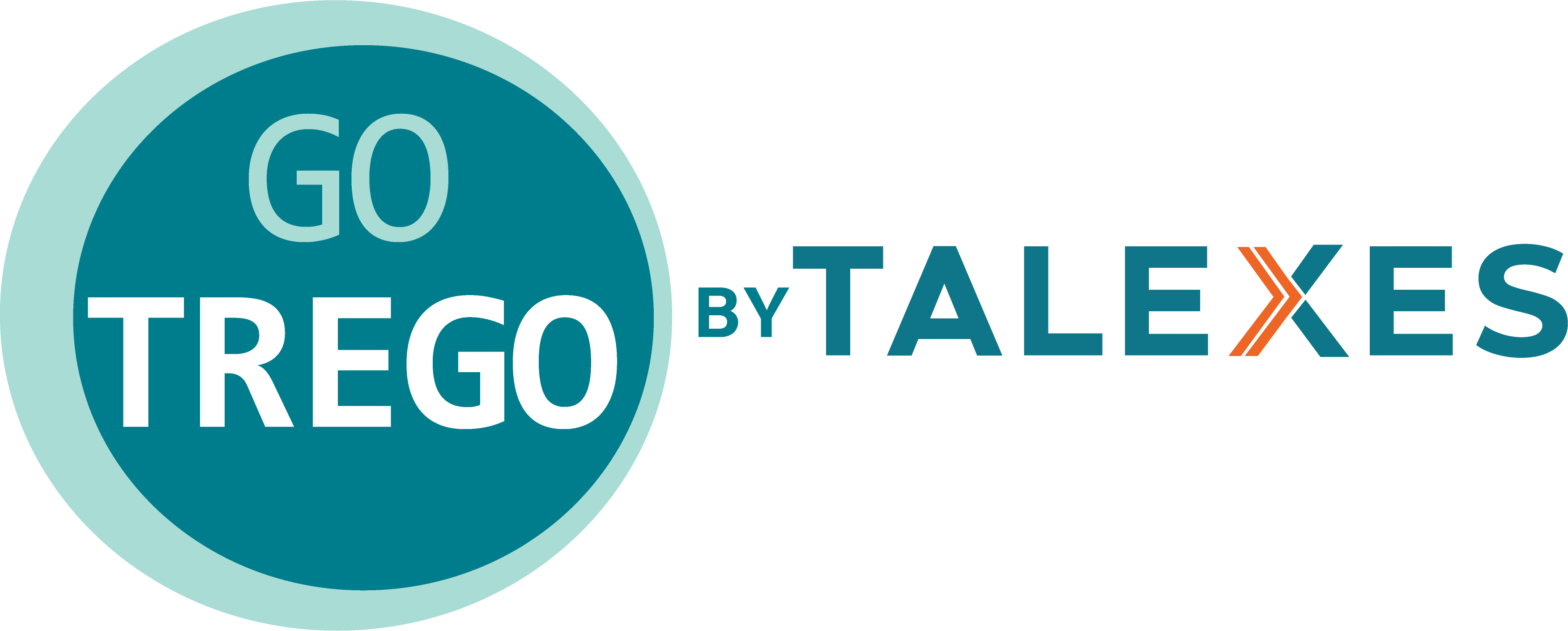In today’s dynamic work environments, accurately assessing employee performance is crucial given the diverse and intricate nature of job roles. Standardized evaluation methods often fall short in capturing the nuances of different positions, resulting in incomplete assessments and missed opportunities for development. To tackle this challenge effectively, HR professionals need to adopt a personalized approach by designing tailored assessment frameworks for each role within their organizations. Here are nine practical strategies for creating customized evaluation frameworks to ensure accurate performance assessment:
- Comprehend Role Specifics: Crafting customized assessment frameworks begins with a deep understanding of the unique requirements of each job. HR professionals should collaborate closely with department heads and team leads to identify core responsibilities, key performance indicators (KPIs), and essential competencies associated with each role.
- Align with Organizational Objectives: It’s crucial to align assessment frameworks with broader organizational goals and objectives. HR professionals must ensure that assessment criteria reflect the skills and behaviors necessary for advancing the organization’s mission.
- Utilize Diverse Assessment Methods: Different job roles call for different assessment methods. HR professionals should employ a variety of tools such as performance reviews, skill assessments, behavioral interviews, and job simulations to comprehensively evaluate employee performance.
- Incorporate Behavioral Indicators: Beyond tangible outcomes, behavioral indicators should be incorporated into assessment frameworks. Evaluating factors like communication skills, teamwork, adaptability, and leadership potential provides a holistic view of performance.
- Provide Training and Support: HR professionals should train managers and evaluators in conducting assessments effectively. This includes guidance on giving constructive feedback, avoiding biases, and facilitating meaningful performance discussions.
- Implement Continuous Feedback Mechanisms: Rather than relying solely on annual reviews, customized frameworks should facilitate ongoing feedback and coaching. Regular check-ins between managers and employees support timely input and development.
- Leverage Technology Solutions: Technology can streamline the assessment process, making it more efficient and objective. HR professionals should leverage performance management software and data analytics to automate data collection and analysis.
- Tailor Development Plans: Assessment results should inform personalized development plans for employees. HR professionals should identify areas of strength and improvement and design targeted training programs and mentoring opportunities accordingly.
- Regularly Review and Update Frameworks: Periodic review and updating of assessment frameworks are essential to ensure their relevance and effectiveness. Incorporating stakeholder feedback and staying abreast of industry best practices keeps assessments aligned with evolving job roles.
Customized assessment frameworks tailored to different job roles are instrumental in accurately evaluating employee performance and fostering professional growth. By aligning assessment methods with specific role requirements, HR professionals can ensure fair evaluations that contribute to organizational success in the long term. Embracing personalized assessments not only enhances employee engagement and productivity but also strengthens the organization’s competitiveness.





